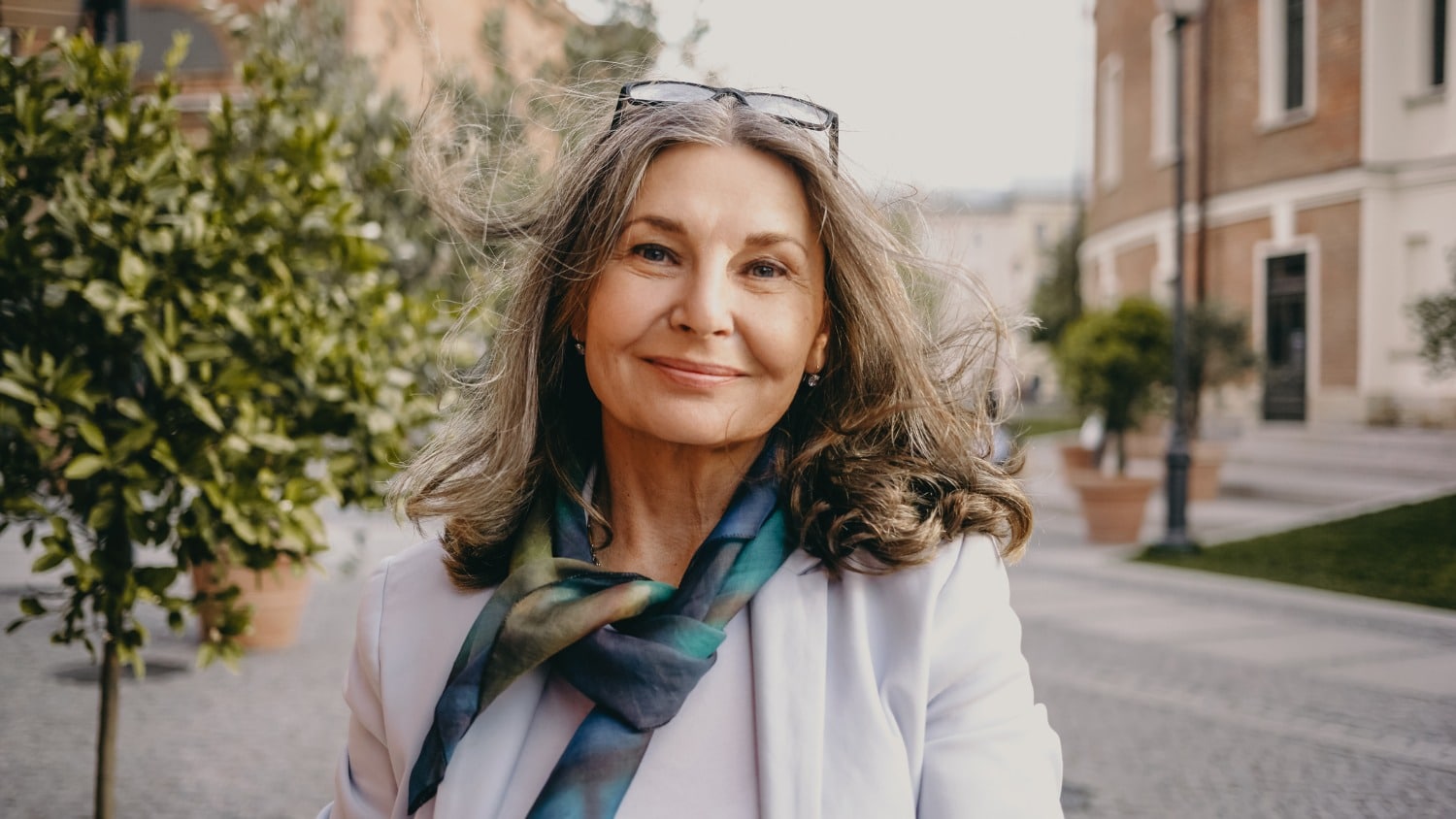
Being Conscientious: A Forgotten Key to Happiness and Longevity
We’ve learned a lot about what improves both the quality of our lives in our senior years as well as our longevity. Healthy eating habits, exercise, and an optimistic attitude are among the front-runners according to science.
Recently, I was fascinated to discover yet another significant contributor to our current happiness and future longevity: being conscientious.
Who would have thought? Research shows that being conscientious, as in doing what’s right, along with a preference for order and being achievement-oriented, can literally add years to our lives – not to mention being a great foundation for success, which in turn fuels our happiness.
Doing What’s Right
Doing what’s right isn’t just about following the law. It’s more about having discernment about what you know is right for you.
I know I can’t eat sweets without spiking my blood sugar, which in turn has all sorts of ill effects on my health. So, indulging in that tempting big slice of chocolate ganache cake isn’t right for me, but a small bite is.
Someone else may have no issue at all with the cake but find that caffeinated drinks and beverages trigger anxiety. Double expresso shots aren’t right for that person, even with all the added mocha-soy-latte ingredients. A decaf works just fine.
“Know thyself” isn’t a worn-out truism; it’s a life-saving reminder. Take the time and have the patience to sort out what’s right for you and what isn’t, then adjust your habits and behaviors to get the most out of your life.
It’s different for everyone: some of us are morning songbirds, others are night owls. Some of us are homebodies; others thrive on crowds. There’s no right or wrong. Determine what contributes to your health, happiness, and longevity and what doesn’t.
Respect what works for you, and don’t allow yourself to be swayed by others’ opinions. Just because your sister swears by early mornings doesn’t mean you need to get with her program. If it works for you, fine, if not, don’t.
Preference for Order
You wouldn’t think that a preference for order has anything to do with longevity, but if you think about it, it’s common sense. If you keep your home, your paperwork/inbox, and your belongings in order, it’s easier to find things when you need them. Thus, less stress.
Anything that diminishes stress in our lives promotes better health and longevity. For example, keeping a calendar of scheduled events isn’t just for business-people; it’s a smart tool for all of us.
When you don’t have to expend time or effort racking your brains for “when is that appointment?” you incur less stress. Much of the recent emphasis on de-cluttering has to do with re-establishing order in our lives.
It’s easier to enjoy and appreciate (much less clean) 10 essential items in your kitchen cupboard than 50, most of which you haven’t used in years and some of which you’ve shoved so far to the back, you hardly remember what they’re good for.
Achievement Oriented
Being achievement oriented, well, that’s obvious. If you have something you’re working towards, you keep your brain active, which in turn does all sorts of good things for your body.
It doesn’t matter if it’s growing tomatoes or researching a cure for cancer. Having goals, big or small, keeps you looking forward, motivated, and life affirming.
Imagine if Doris Jones had retired from her career as an editor – which no doubt required her to be conscientious – and left it at that.
Instead, at 90, Doris joined a host of “citizen archeologists” who examine pictures of Earth sent from satellites ringing the globe to find possible archeological sites for scientists to explore.
The project, GlobalXplorer, has already helped locate 17 potential pyramids, 3,100 settlements, and 1,000 lost tombs in Egypt alone. Doris’ virtual archeological adventure keeps her productive, her mind sharp, and has that extra edge of excitement that comes when she succeeds in finding a useful site.
Her conscientiousness – doing the right thing for her, preferring order (she couldn’t examine those thousands of satellite tiles otherwise), and being geared toward achievement – works to give her joy in the present and potentially adds yet more years to an already satisfyingly long life.
You don’t have to be born conscientious. Make an effort to figure out what’s right for you, establish order in your home and affairs, and find something that wakes in you a desire to achieve. You’ll soon be enjoying greater happiness, and in all likelihood, longer life.
What are some of your achievement goals and what are you doing to reaching those goals? As you’ve gotten older, have you become more conscientious about doing what’s right for yourself? Are you more (or less) organized now than you were when you were younger? Please share with our community and let’s have a conversation!
Tags Finding Happiness






